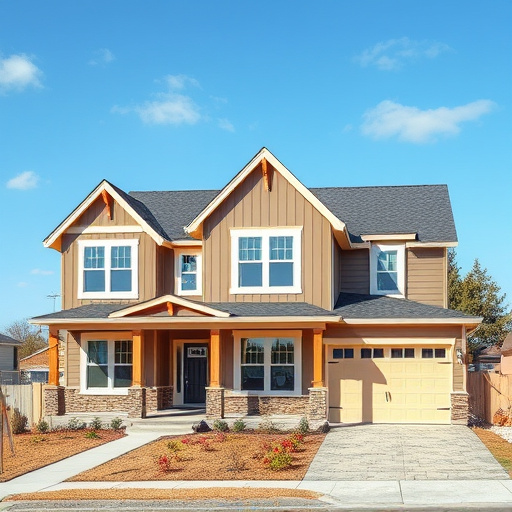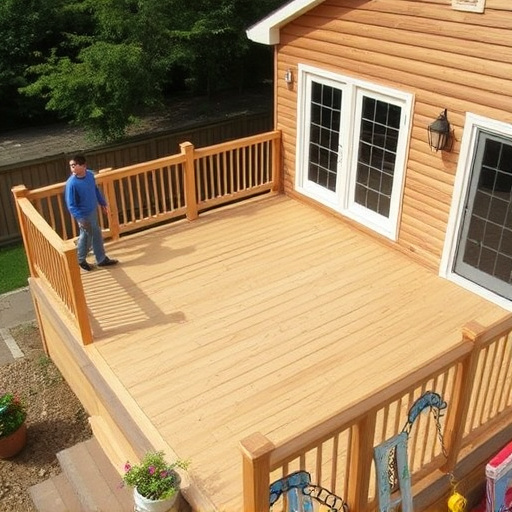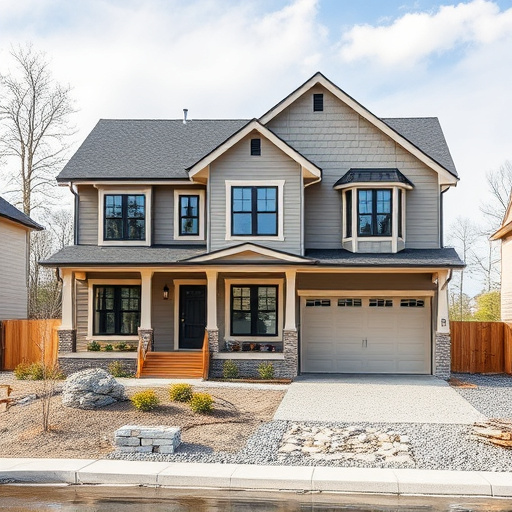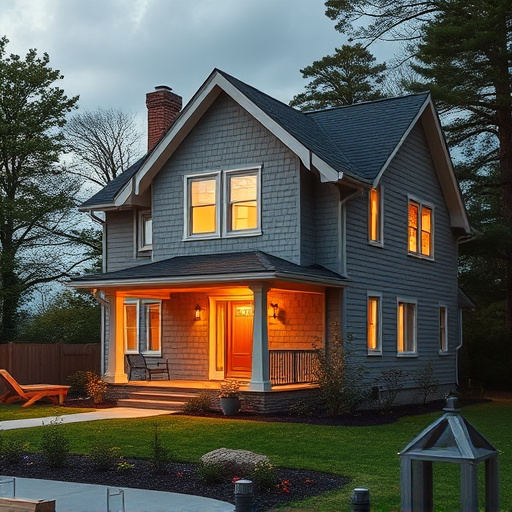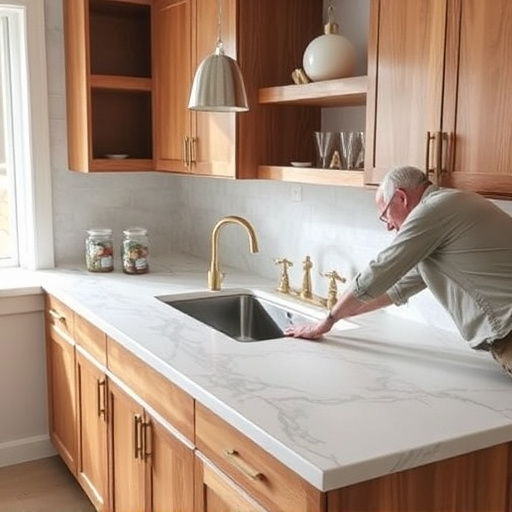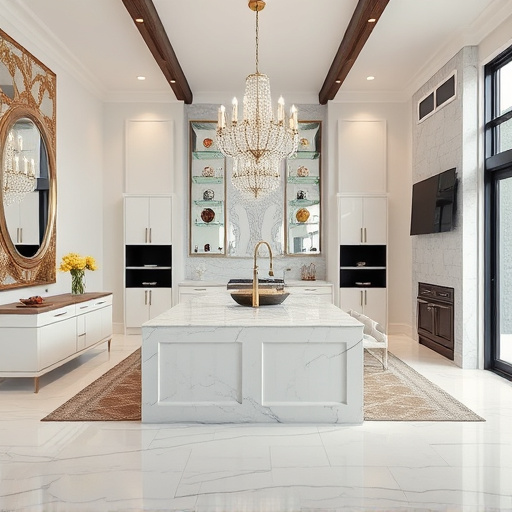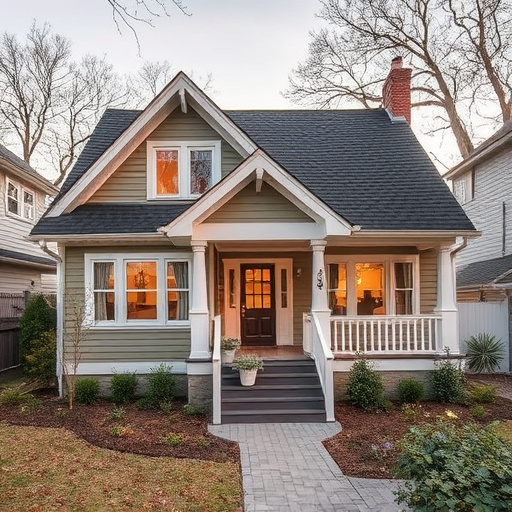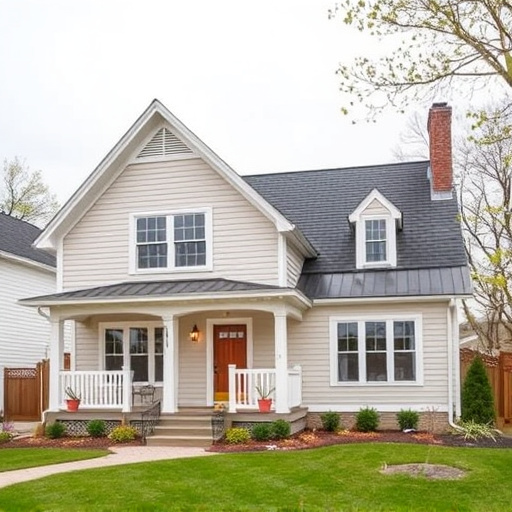Understanding custom flooring costs is vital for successful home additions or transformations. Pricing fluctuates based on material (hardwoods to exotic stones), design complexity, and unique space challenges. Labor expenses vary by contractor experience and location. Obtaining detailed quotes from multiple professionals helps navigate these variables and stay within budget. A thorough budget assessment includes research on materials, preparation, installation, and finishing touches. Considering adjacent areas' budgetary impact ensures alignment with design aspirations and financial goals. Strategic spending through cost-effective options, professional installation, and regular maintenance saves money in the long run.
“Looking to transform your space with custom flooring but unsure where to start budgeting? Navigating the costs of bespoke floor installations can be intricate, but armed with knowledge, you can make informed decisions. This guide will walk you through understanding and managing expenses for your dream floors. From initial quotes to long-term savings, we’ll explore strategies for creating a realistic budget. Discover tips to optimize spending and ensure your custom flooring project delivers both quality and value.”
- Understanding Your Custom Flooring Project Costs
- Creating a Realistic Budget for Custom Floors
- Tips for Smart Spending and Long-Term Savings on Custom Flooring
Understanding Your Custom Flooring Project Costs

Understanding your custom flooring project costs is a crucial step before breaking ground on any home additions or home transformations. While the appeal of bespoke, customized work is undeniable, it’s essential to know that pricing can vary widely depending on several factors. These include the type of flooring material you choose—from luxurious hardwoods to exotic stones—as well as the complexity of your design and layout.
Consider the unique characteristics of your space: irregular shapes, steep slopes, or narrow passages might require specialized installation techniques, impacting the overall cost. Additionally, factor in labor expenses, which can vary based on the contractor’s experience and location. Remember that getting detailed quotes from multiple professionals is key to navigating these variables and ensuring you stay within budget for your custom flooring project.
Creating a Realistic Budget for Custom Floors

When budgeting for custom flooring projects, it’s crucial to create a realistic plan that accounts for various factors. Start by assessing your project scope; are you planning new floors in a single room or a complete overhaul? Custom flooring can range from simple, straightforward installations to complex designs requiring specialized materials and craftsmanship. Researching average costs for different types of custom flooring – whether it’s luxury vinyl, hardwood, or intricate mosaic tiles – will give you a foundational understanding of price ranges.
Don’t forget to factor in additional costs like preparation (demolition, patching), underlayment, professional installation, and any necessary finishing touches. Consider the impact on your budget for adjacent areas, such as kitchen and bath spaces, which often require specialized treatments due to moisture concerns. Exterior painting might also be part of your vision, enhancing the overall aesthetic appeal of your functional spaces. Realistic budgeting involves acknowledging these interconnected elements to ensure your custom flooring project aligns with both your design aspirations and financial goals.
Tips for Smart Spending and Long-Term Savings on Custom Flooring

When planning a custom flooring project, smart spending is key to ensuring long-term savings. Researching and comparing different materials, brands, and installation methods can significantly impact your budget. Opt for high-quality yet cost-effective options; while they might have a slightly higher upfront cost, they often last longer and require less maintenance over time. Many flooring specialists offer a range of custom designs at varying price points, allowing you to find an ideal balance between aesthetics and affordability.
Additionally, consider the long-term benefits of investing in quality flooring. Professional installation services can enhance the longevity and appearance of your floors, making them more resistant to wear and tear. Regular maintenance, such as cleaning and polishing, adds to their lifespan, preventing the need for frequent replacements. Thus, choosing the right flooring and renovation services for your home transformations can lead to substantial savings in the long run.
When budgeting for custom flooring, a thorough understanding of costs and smart spending strategies are key. By creating a realistic plan, you can achieve your desired floor while ensuring financial stability. Remember, investing in quality custom flooring not only enhances your space but also offers long-term savings through durability and reduced maintenance. Embrace these tips to navigate your project with confidence and create a beautiful, budget-friendly home.

